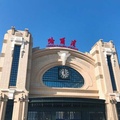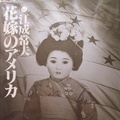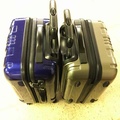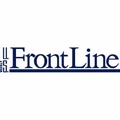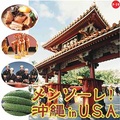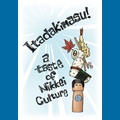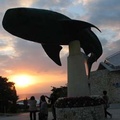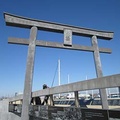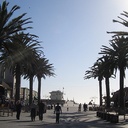
Keiko Fukuda
@fukudaKeiko Fukuda was born in Oita, Japan. After graduating from International Christian University, she worked for a publishing company. Fukuda moved to the United States in 1992 where she became the chief editor of a Japanese community magazine. In 2003, Fukuda started working as a freelance writer. She currently writes articles for both Japanese and U.S. magazines with a focus on interviews. Fukuda is the co-author of Nihon ni umarete (“Born in Japan”) published by Hankyu Communications. Website: https://angeleno.net
Updated July 2020
Stories from This Author
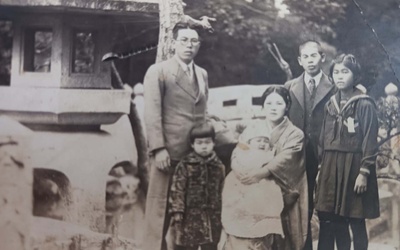
Part 2: Postwar Repatriation
Oct. 12, 2022 • Keiko Fukuda
End of the War and the Journey to Xinjing It was in May 1945 that Emiko's father, Susumu, went to the battlefield. "Because my father had poor eyesight, he was one of the last to be drafted, and he was also the lowest-ranked soldier. He was drafted locally in Manchuria, and I saw him off at Suika Station with my mother, my younger brother Masanori, who was still a small child at the time, and my sister Fumiko. My father …
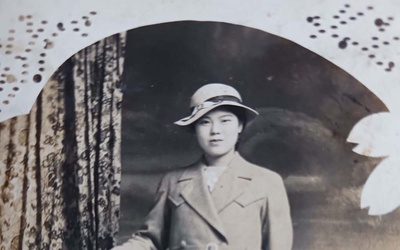
Part 1: Life in Manchuria
Oct. 5, 2022 • Keiko Fukuda
"Maybe he was a Japanese orphan." When I was in high school, people called "Chinese orphans" came to Japan and held a press conference. They called out in tearful Chinese to their parents who may be living somewhere in Japan, saying "I want to see you." They looked Chinese no matter how you looked at them, dressed in Mao suits and unable to understand Japanese. However, they were actually genuine Japanese who were separated from their parents in what was …
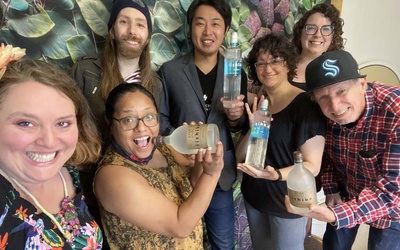
Masato Aso, working to popularize shochu in the American market
Aug. 24, 2022 • Keiko Fukuda
Putting shochu on a par with distilled spirits around the world There are many different types of Japanese shochu available in the Japanese market in the U.S. One of them, Iichiko from Oita Prefecture, is a very famous brand in Japan, but it is still difficult to say that it is well known in the U.S. market, even among people other than Japanese people living in the U.S. In this climate, Aso Masato, sales manager at Iichiko USA, Inc., expressed …
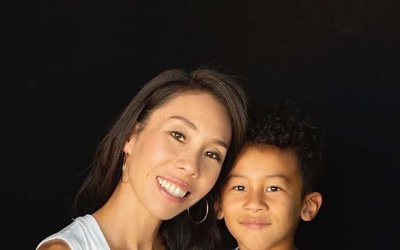
Mikal Payne moved to the US in 2016, overcame the death of her husband and found a new purpose
Aug. 1, 2022 • Keiko Fukuda
Japan points out differences between people, America allows freedom I met Kei Mikal Payne when I interviewed her about the business she started in 2021 after the death of her husband. Kei's husband was diagnosed with cancer in January 2020 and passed away in March of the same year. After a short but intense period of caring for him, Kei was left behind in the United States with her young son, who was only four and a half years old. …
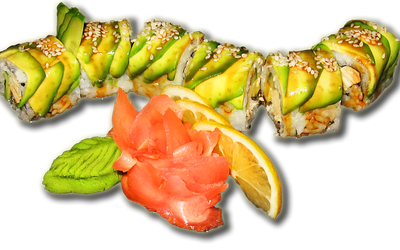
Intercultural Communication Through Sushi
July 18, 2022 • Keiko Fukuda
A Variety of Sushi Chefs As a writer based in the United States, I’ve interviewed quite a lot of sushi chefs. Some came to America after finishing their training or gaining experience in Japan, and others became sushi chefs after they came to America. Some had pride in sticking with the traditional Edo-style, and others were more free from traditions and flexible in making the sushi that their customers would request, the different style of sushi such as rolls that …
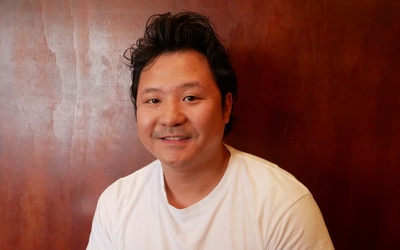
Yamato Miura moved to the US in 2001 and became a stunt and kickboxer before running five restaurants in LA.
July 11, 2022 • Keiko Fukuda
Aim for Hollywood Arcadia, a suburb of Los Angeles, is a little far from both the South Bay and downtown, and is an area that I am not very familiar with. I know that there is Santa Anita Racecourse and a huge shopping mall nearby, but I didn't know that there is a Japanese-run izakaya called TonChinKan there until I went there recently for an interview. I was surprised that an izakaya was thriving in an area where Japanese people …
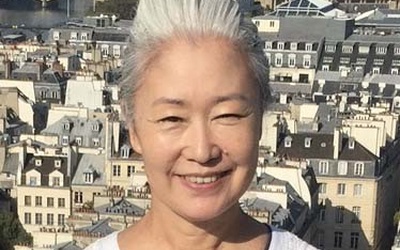
Thoughts on Japan's refusal to recognize multiple citizenship: Interviews with people living in the U.S. and France
June 27, 2022 • Keiko Fukuda
"If we don't revise it, our descendants will suffer." If one or both parents are Japanese, and a child is born overseas, the child can acquire Japanese nationality if the birth notification is submitted to the local embassy within the deadline. Also, if the child is born in a country that practices jus soli, such as the United States, the child can also acquire American nationality, making it a dual nationality. However, the overseas embassy's website states that the child …
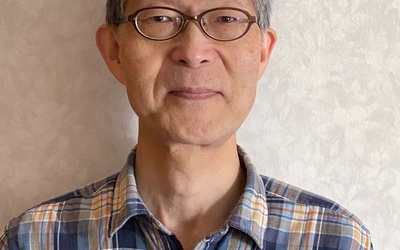
Tetsuya Hirahara continues to research Japanese radio broadcasts overseas
June 13, 2022 • Keiko Fukuda
From Beijing Radio and Moscow Radio to radio broadcasts in Latin America The author recalls that more than 40 years ago, after late-night Japanese broadcasts had ended, a Japanese radio program called "Beijing Broadcasting" was broadcast in the early hours of the morning. Tetsuya Hirahara, who lives in Japan and was interviewed for this article, said that since 1970 he has been engrossed in receiving Japanese programs broadcast on shortwave from overseas, starting with Japanese programs on Moscow Broadcasting and …
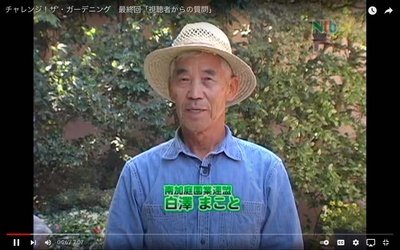
Makoto Shirasawa, who moved to the U.S. in 1963 and returned to Japan in 2018, plans to return to the U.S.
May 30, 2022 • Keiko Fukuda
The reason for going to America was to "see everything" In the past, Makoto Shirasawa was actively involved in the activities of the Southern California Gardeners Association, whose headquarters are in downtown Los Angeles. He taught vegetable gardening classes organized by the association for seven years and wrote a column on vegetable growing in the Japanese newspaper, Nikkan Sun. He also appeared in the association's YouTube videos, providing information on vegetable gardening to the general public in Japanese. However, before …
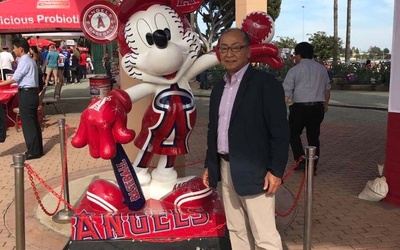
Michio Shimizu, who came to the United States in 2011, popularized Yakult across the country, and returned to Japan during the COVID-19 pandemic
May 11, 2022 • Keiko Fukuda
"Be a businessman" Michio Shimizu, president of Yakult USA, popularized Yakult, a health drink that was previously unfamiliar to people of Asian descent, in 49 of the 50 states. In 2011, Shimizu was transferred from his previous post in Singapore to Los Angeles, where he spent 10 years. In 2020, during the COVID-19 pandemic, he returned to Japan from Los Angeles and resigned from Yakult headquarters, relocating to his hometown of Kirishima City, Kagoshima Prefecture. His purpose was to live …

